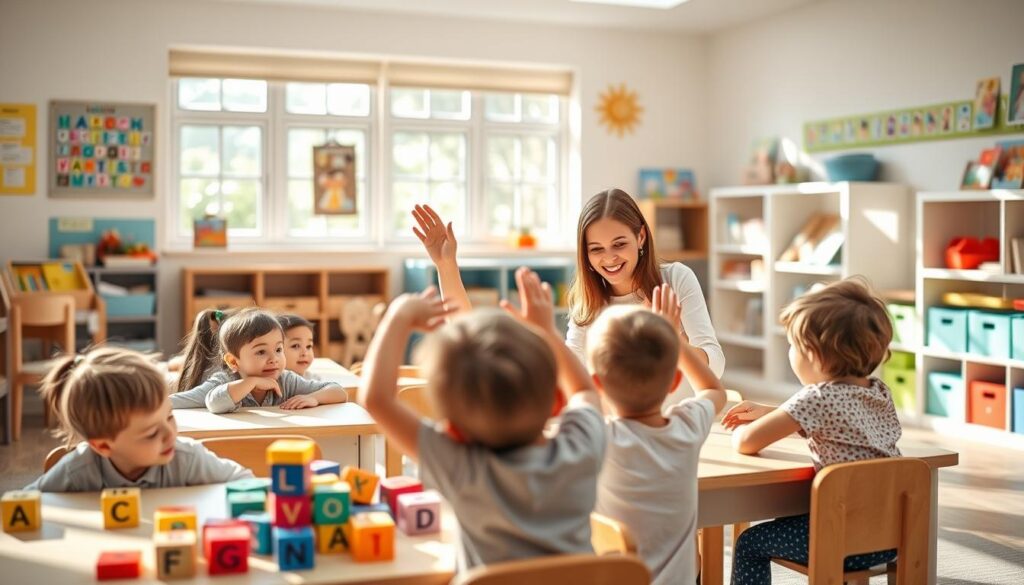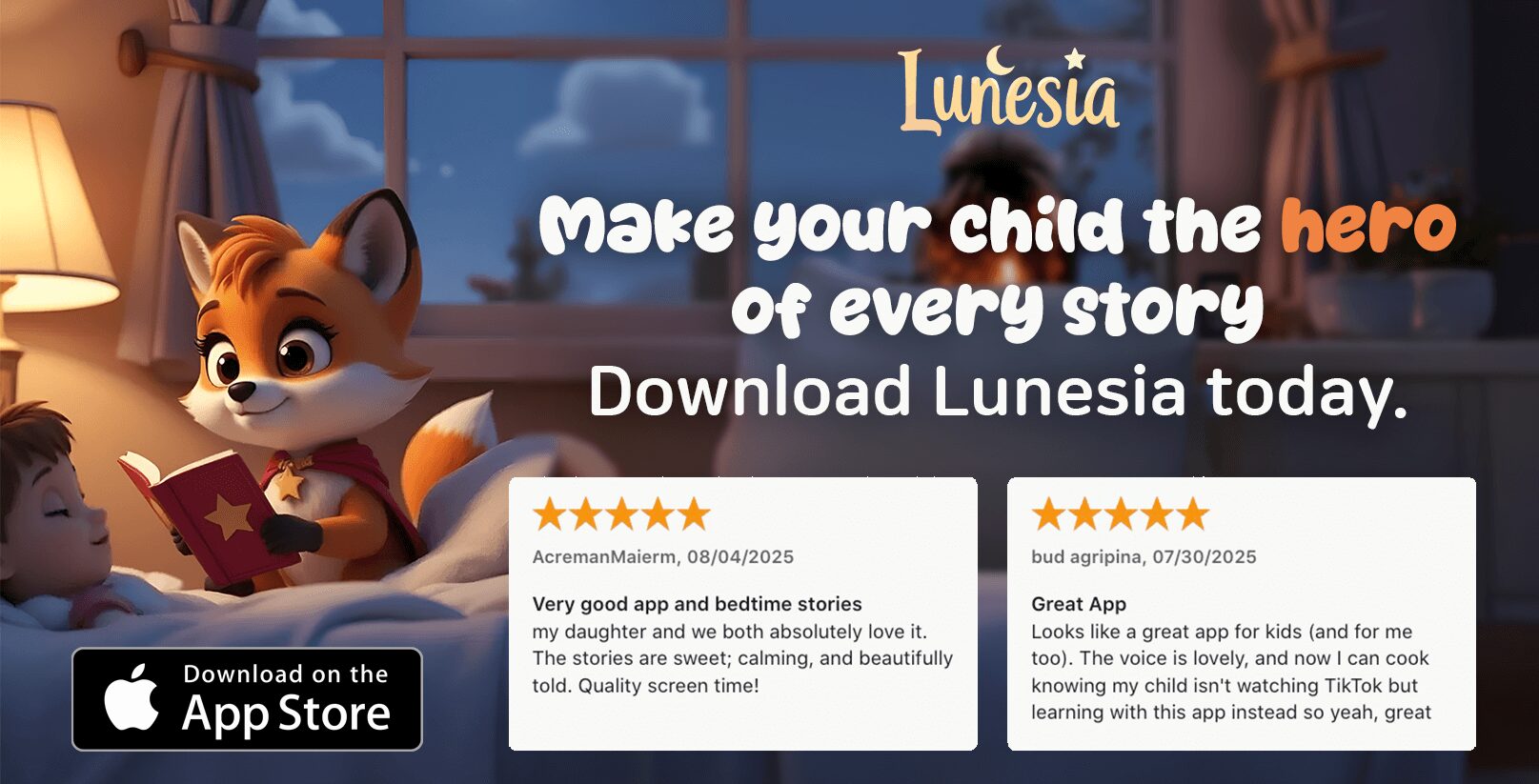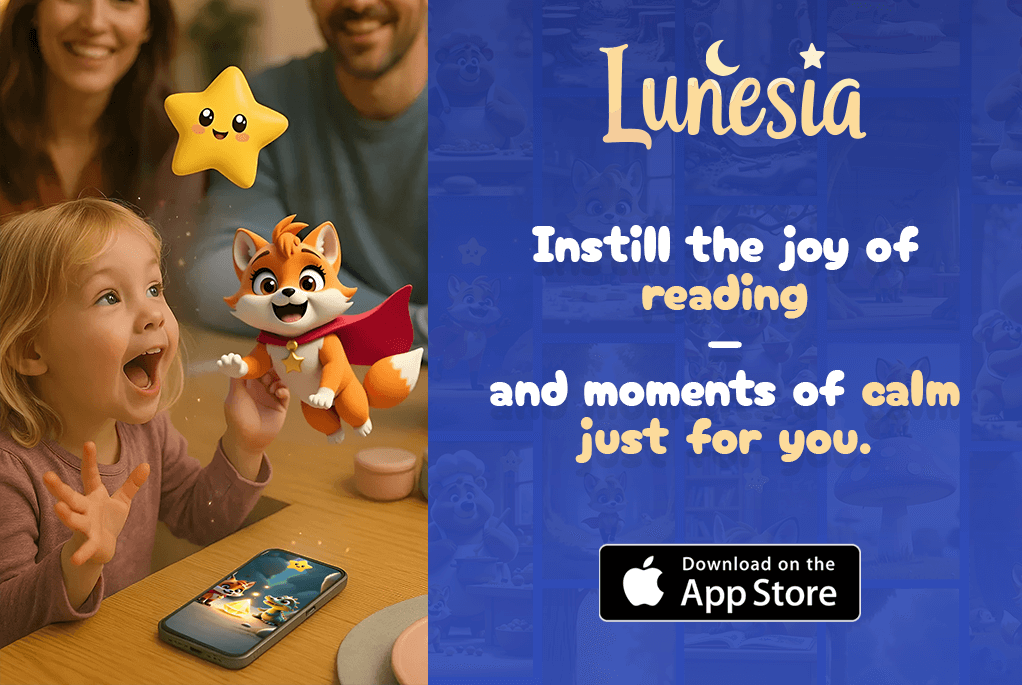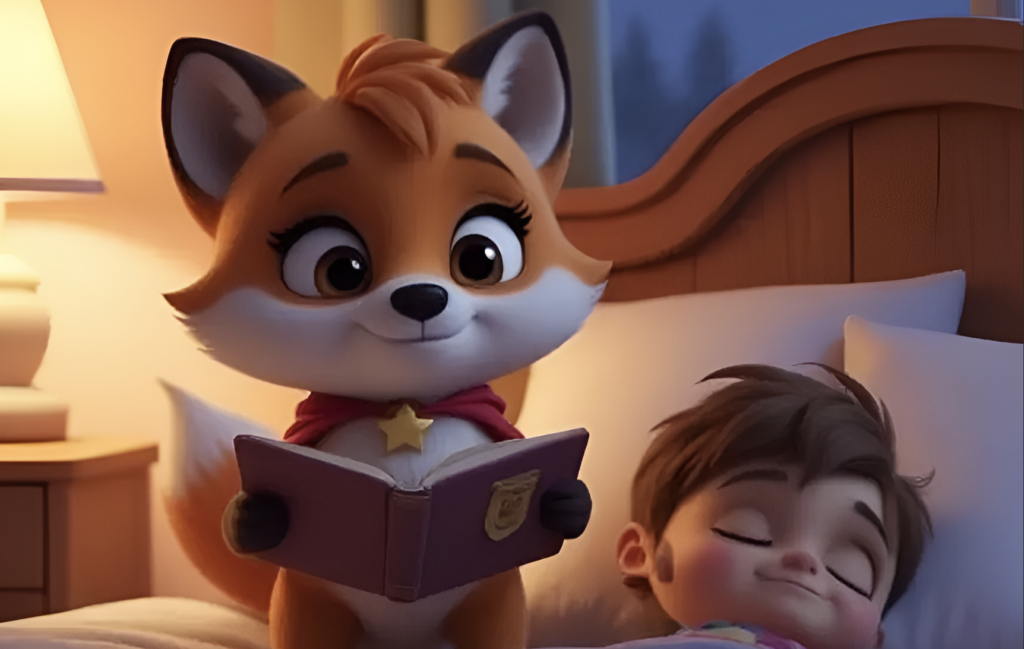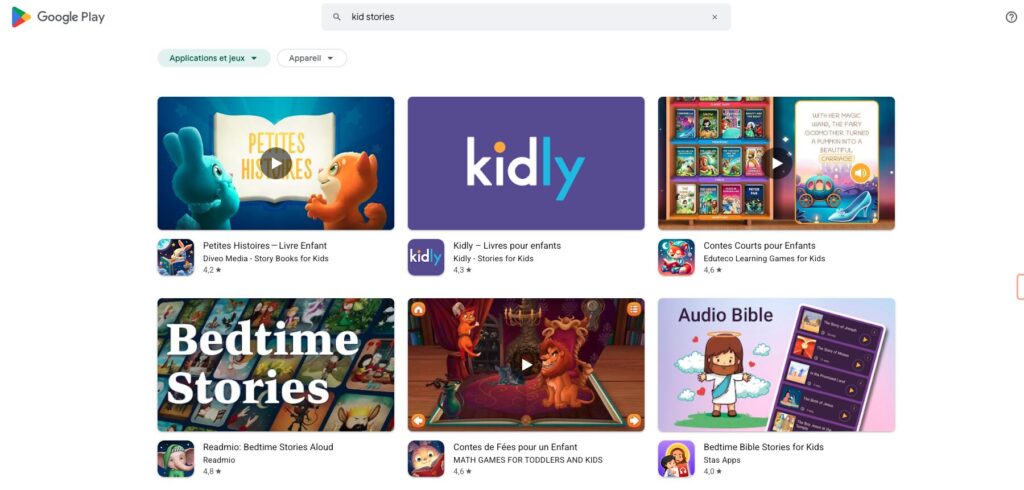As a mom and educator, I’ve seen firsthand how crucial it is to prepare your little one for the kindergarten journey. Today’s kindergarten classrooms expect more than ever before, making it essential to understand what “readiness” truly means.
Are you wondering if your child has the necessary skills to thrive? Preparing your child involves more than just academics; it’s about nurturing social, emotional, and physical milestones too. For valuable insights and guidance, you can refer to resources like Scholastic’s Preparing for Kindergarten to get started on this exciting journey.
Let’s explore the key areas to focus on to ensure your child is well-prepared for this significant transition.
Understanding Kindergarten Readiness in Today’s Educational Landscape
The landscape of kindergarten readiness has changed dramatically in recent years. As a parent, understanding these changes is crucial to supporting your child’s transition into formal education.
Kindergarten readiness encompasses more than just academic preparedness; it involves a child’s overall development across multiple domains. This includes social-emotional maturity, physical capabilities, and cognitive foundations.
What Kindergarten Readiness Really Means
True readiness means your child has developed sufficient skills to thrive in a structured learning environment. It’s not just about knowing ABCs and 123s; it’s about being ready to learn and grow.
How Readiness Standards Have Changed
Over the past decade, kindergarten expectations have evolved significantly. Today’s five-year-olds are expected to master skills once taught in first grade. This shift emphasizes the importance of understanding the changing standards to set realistic expectations and provide appropriate support.
| Domain | Skills |
|---|---|
| Social-Emotional | Sharing, Cooperating, Managing Emotions |
| Cognitive | Basic Math, Reading Readiness, Problem-Solving |
| Physical | Running, Climbing, Using Scissors |
For more information on how to support your child’s development, such as understanding the age at which a child can read, visit our dedicated resource page.
Essential Child Ready for Kindergarten Skills: The Complete Checklist
Kindergarten readiness encompasses a range of skills that are crucial for your child’s success in the classroom. As a parent, understanding these skills can help you prepare your child more effectively.
Social and Emotional Skills
Your child should be able to use words to solve conflicts, show pride in their accomplishments, and interact appropriately with adults and peers. These social and emotional skills are foundational for a positive kindergarten experience.
Self-Care and Independence
Being able to dress themselves and manage bathroom needs independently are critical self-care skills. Your child should also adhere to routines for personal hygiene and eating meals.
Language and Communication Abilities
Kindergarten readiness includes being able to talk in sentences and follow oral directions. Your child should also be able to express their ideas clearly and ask relevant questions.
Academic Foundations
While independent reading isn’t required, your child should recognize most letters and understand that print carries meaning. They should also be able to count to 10, identify basic shapes and colors, and sort objects by simple properties.
Physical Development Milestones to Master
Physical development is a vital aspect of kindergarten readiness that is often overlooked, but it’s crucial for both academic success and social integration. As a parent, understanding the physical skills your child needs to master can help you better prepare them for the challenges of kindergarten.
Fine Motor Skills for Classroom Success
Fine motor skills are essential for your child’s ability to participate in classroom activities. They need sufficient hand strength and coordination to hold a pencil correctly, use scissors safely, and manipulate small objects. Daily practice through activities like stringing beads, using tweezers, and cutting along lines can help build the necessary hand muscles.
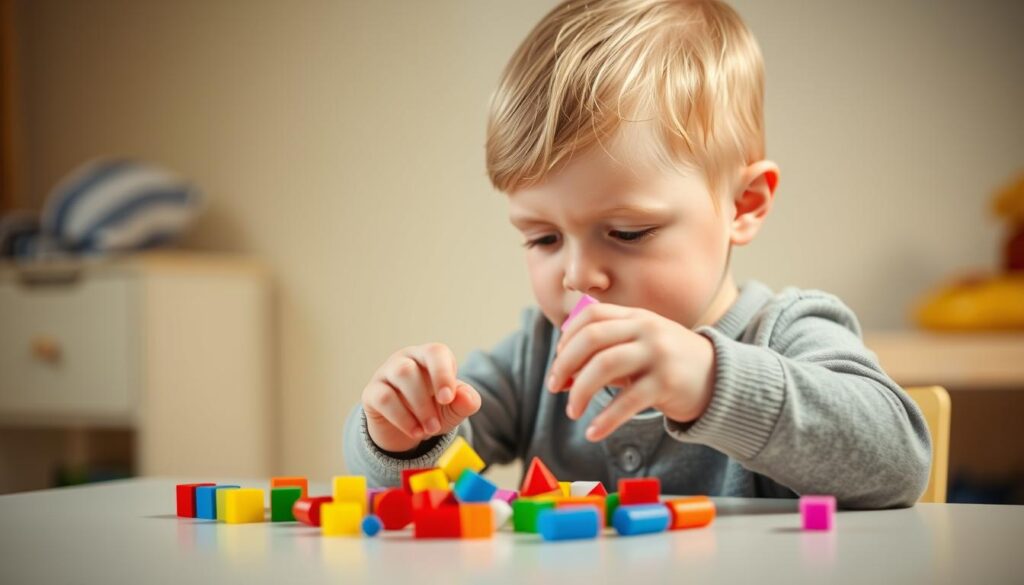
Gross Motor Skills for Playground Confidence
Gross motor development affects your child’s confidence and social acceptance during recess and PE. Skills like running without falling, climbing playground equipment safely, and throwing/catching a ball are important. Encouraging your child to engage in outdoor activities like riding a tricycle, running, jumping, and climbing can help develop these skills.
| Motor Skill | Examples of Activities |
|---|---|
| Fine Motor Skills | Stringing beads, using tweezers, cutting along lines |
| Gross Motor Skills | Riding a tricycle, running, jumping, climbing |
By focusing on both fine and gross motor skills, you can help your child develop the physical abilities necessary for kindergarten success. Remember, every child develops at their own pace, so be patient and provide plenty of opportunities for practice.
10 Effective Ways to Prepare Your Child for Kindergarten
With the right strategies, you can ensure your child is well-prepared for the transition to kindergarten. As a parent, you’re not just dropping off a child; you’re sending a young learner into an environment that will shape their future. The good news is that preparing your child doesn’t require expensive programs or complicated techniques. Instead, it’s about incorporating simple, effective practices into your daily routine.
Daily Routines That Build School Readiness
Establishing consistent daily routines is crucial for kindergarten readiness. Regular mealtimes, a predictable bedtime ritual, and morning preparation routines help your child develop essential time-management skills. Create a routine that works for your family and stick to it, even on weekends, to maintain consistency.
Learning Activities That Make a Difference
Engage your child in activities that naturally reinforce academic concepts. For example, you can count everyday objects together, identify letters on signs, sort laundry by color, or measure ingredients while cooking. These simple tasks help build a strong foundation for future academic success without feeling like “lessons.”
Social Experiences That Prepare for Classroom Life
Providing your child with varied social experiences is vital for developing crucial social skills. Arrange playdates, enroll them in community classes, or consider preschool to help them practice taking turns, sharing materials, and following group directions. These experiences will make the transition to kindergarten smoother.
| Activity | Skill Developed | Example |
|---|---|---|
| Reading Together | Language Skills | Ask open-ended questions about stories |
| Interactive Play | Problem-Solving | Engage in pretend play with your child |
| Simple Chores | Responsibility | Assign tasks like feeding a pet |
“The way we talk to our children becomes the way they talk to themselves.”
By incorporating these strategies into your daily life, you’ll be helping your child develop the skills and confidence needed for kindergarten success.
When to Consider Delaying Kindergarten Entry
When it comes to kindergarten readiness, some parents may wonder if their child would benefit from waiting another year. The decision to delay kindergarten, also known as “redshirting,” is deeply personal and should be made thoughtfully.
While it might seem beneficial to give your child an extra year, research shows that initial academic advantages tend to disappear by 3rd-4th grade. However, being significantly older than classmates can sometimes lead to social or behavioral challenges in adolescence. Consider seeking objective assessments through kindergarten readiness tests offered by many schools.
Your child’s preschool teacher and pediatrician can provide valuable insights about your child’s readiness across all developmental domains. If you’re considering delay, explore whether the school offers transition programs or support services that might address your child’s specific needs.
FAQ
What are the most important social skills my child should have before starting kindergarten?
Your child should be able to separate from you without becoming distressed, cooperate with others, and take turns. They should also be able to express their feelings with words and show empathy towards others.
How can I help my child develop language and communication abilities?
Engage your child in conversations, read books together, and encourage them to tell stories. You can also ask open-ended questions to help them develop their communication skills.
What are some fine motor skills that my child should master before kindergarten?
Your child should be able to use scissors, hold a pencil or crayon correctly, and dress themselves. They should also be able to manipulate small objects, like puzzle pieces or building blocks.
How can I assess my child’s readiness for kindergarten?
Consider their overall development, including social, emotional, physical, and academic abilities. You can also consult with your child’s preschool teacher or a professional who can administer readiness tests.
What if I’m concerned that my child may need extra support in certain areas?
Talk to your child’s preschool teacher or a professional who can help identify areas where your child needs extra support. They can provide guidance on how to help your child develop the necessary skills.
How can I help my child follow directions and understand routine?
Establish a daily routine that includes set times for activities, such as mealtimes, homework, and bedtime. You can also give your child simple directions and gradually increase the complexity as they become more confident.
What role do motor skills play in kindergarten readiness?
Motor skills, both fine and gross, are essential for your child’s overall development and ability to participate in kindergarten activities. They enable your child to engage in physical activities, manipulate objects, and maintain attention.
How can I help my child develop attention and focus?
Engage your child in activities that promote attention, such as reading, puzzles, and building. You can also encourage them to complete tasks and provide positive reinforcement when they stay focused.
